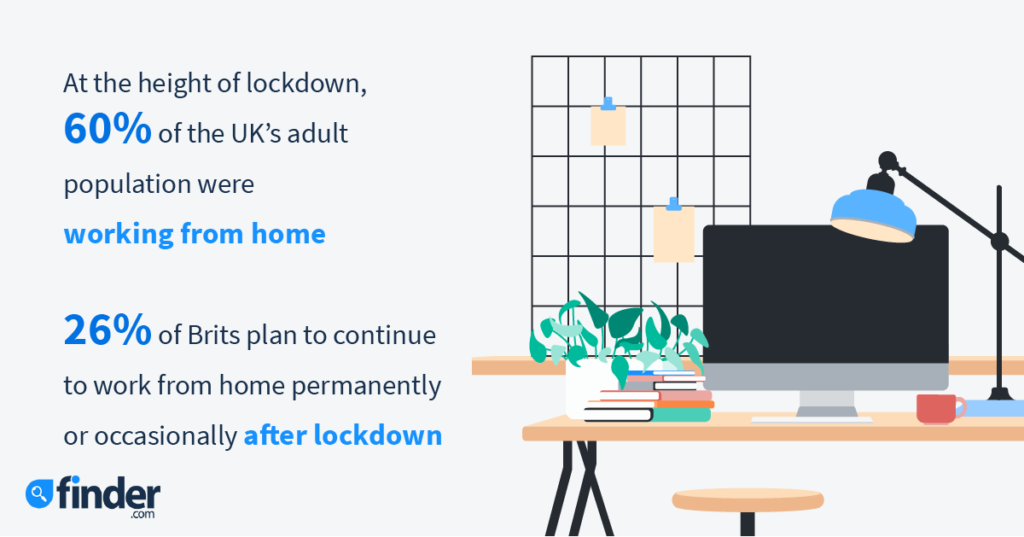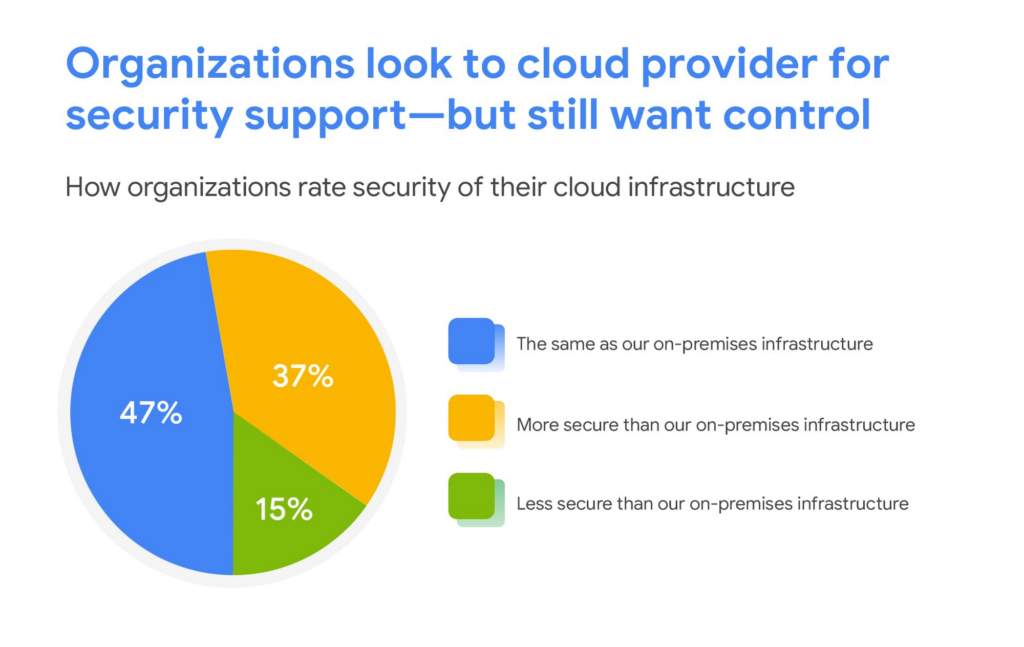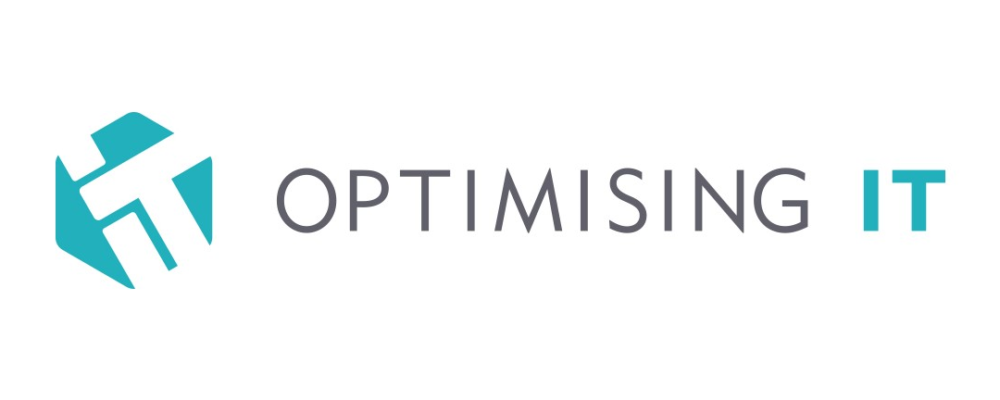
The COVID-19 pandemic represents an inflexion point for remote work.
According to data from Statista, around 4.6 million people in the UK were working remotely in 2019, growing to 5.6 million a year later. Meanwhile, Finder.com’s research shows that at the height of lockdowns in 2021, 60% of the UK’s adult population were working from home. What’s more, 26% of Brits plan to continue working remotely at least some of the time after lockdown.

That’s obviously good news for employees who have long campaigned to be able to work from home or anywhere. After all, the benefits of remote work are clear: better work-life balance, enhanced productivity, less commuting time and more flexibility and autonomy.
But it’s a different story for business owners.
Related Reading: How to Implement Remote Working: An Expert’s Tech Guide
THE CYBER SECURITY CHALLENGES OF REMOTE WORK
The exodus to remote work has left many businesses scrambling to prepare the tech to:
- Maintain communication with employees
- Support productivity
- Keep their data safe.
According to a Navisite report, a third of the companies they surveyed were ill-prepared to move to remote work at the height of the pandemic. This shift has also exposed companies to cyber security threats.
Related Reading: The 5 Biggest Cyber Security Challenges For Remote Workers
A recent study by Tenable found that 74% of organisations attribute their latest wave of cyber security attacks to technology vulnerabilities associated with remote work set-ups.
This is a widespread problem affecting other regions of the world. Case in point: a 2021 survey of 900 businesses in Asia-Pacific found that 68% were successfully breached in 2020. Of that number, 55% said they had suffered serious data loss.
At Optimising IT, we believe the key to overcoming the cyber security threats to your workforce lies in the cloud. This simply means that your data, workloads, tools and software and resources are hosted on the internet rather than physical hardware or servers in your offices.
The cloud offers many benefits for the new normal of work.
BENEFITS OF THE CLOUD FOR REMOTE TEAMS
1. ENHANCED DATA SECURITY
Despite common belief, there’s no data to suggest that hosting your data and applications in off-site servers is less secure than in on-premise environments. While no computing environment is 100% safe from cyber attacks, confidence in the security of the cloud is at an all-time high.
A 2021 study commissioned by Google and IDG shows that 85% of global IT leaders believe the cloud to be more secure or just as secure as on-premise infrastructure.

Cloud systems come with the benefit of built-in encryption, which creates an additional cyber security layer to your offsite data and applications. This layer ensures that even if any information that moves back and forth between your databases and remote workers is somehow breached, any human-readable data will be incomprehensible.
Depending on your provider, your cloud solution may also have security features targeted towards remote workers. These include:
- Mobile Device Management: If an employee’s mobile phone or laptop is stolen or broken, the data on that device can be wiped remotely through the cloud system’s security dashboard.
- Custom User Permissions: Public cloud platforms, such as Azure and AWS, allow administrators to designate security measures such as user permissions and data encryption to mitigate security threats.
- Real-time Monitoring of Data: This is a much more cost-efficient solution than an in-house security system.
2. COMPLIANCE WITH DATA REGULATIONS
Data protection legislation such as the General Data Protection Regulation (GDPR) and Data Protection Act (DPA) 2018 have strict provisions for the storage and handling of users’ personal data.
Related reading: GDPR Fines For Small Businesses: Yes, You Should Be Worried
The good news is that many cloud services come with built-in configurations for data privacy, making it easier for organisations to manage their users’ sensitive information and comply with the law. This is particularly important for remote teams in highly regulated sectors, such as healthcare, finance and government.
3. 24/7 SECURE ACCESS TO DATA AND APPLICATIONS
Moving your workloads to the cloud gives your remote employees secure, 24/7 access to the data and tools to do their jobs. In contrast, companies with on-premise data centres have to schedule regular periods of downtime for maintenance.
Cloud-based systems also come with controls that enable administrators to create identity and access policies, limiting access to tools and workloads to specific remote team members. These settings can be configured remotely, ensuring that any changes, such as temporary guest access to data, can be done on the fly.
Related Reading: What Is The Best Cloud Storage For Business?
4. QUICK AND SECURE SCALING
The permanent shift to remote or hybrid work means that your business will face growing demands for shared data storage, as well as fast and secure data transfers. This is exactly what cloud computing environments are made for.
Instead of buying and installing expensive on-premise hardware and software, cloud solutions provide a secure and cost-effective way to scale your computing, storage and network infrastructure whenever you need it. This is useful when you need to add more workers to your remote teams or need the bandwidth to keep up with spikes in customer activity.
You can also scale down your computing or storage requirements if you no longer need the extra storage or CPU capacity. Such flexibility lets you manage your IT spending more efficiently.
THE CLOUD AND CYBER SECURITY GO HAND IN HAND
At Optimising IT, we believe that the cloud is the future of business technology. It’s also a key driver of digital transformation, supporting new ways of doing work safely.
Contact the team at Optimising IT today to learn more about our cyber security services, which include fully managed cyber security and cyber training for business leaders. Our award-winning IT solutions and cyber security services cover everything from cyber penetration testing to eliminating vulnerabilities to help you achieve compliance.













